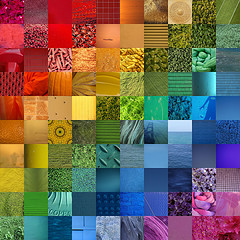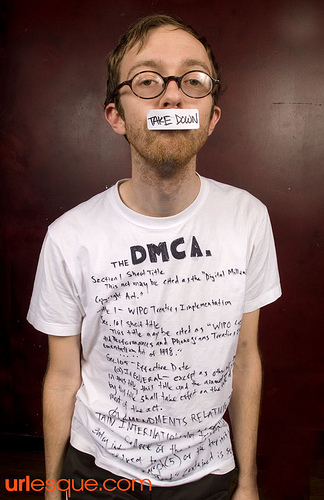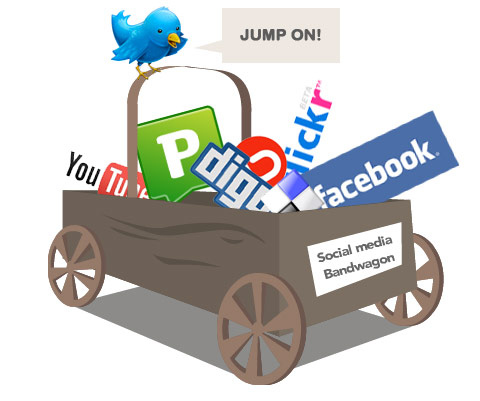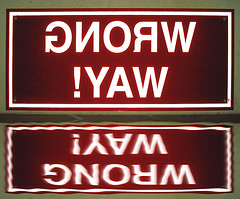How service providers deny users the right to counternotify for content removed by DMCA takedown notices
Veoh triumphs over Universal Music in lawsuit on social media liability, gives lesson in the DMCA safe harbor
Youtube puts ads on videos without permission
Trademark holders rush to secure usernames on Facebook
The AP is going stop bloggers from pirating content (or quoting in fair use for legitimate reasons)
California AB 632 - misguided legislation would overburden social media and undermine user privacy
Applying the YouTube Terms of Service: can I use a YouTube video in a presentation legally?
Join the world's first virtual online collaborative orchestra
Pages
Learn about our legal services for: App Developers, Artists & Graphic Designers, Bloggers & Journalists, Clothing Designers, Entrepreneurs, E-commerce Business People & Startups, Filmmakers & YouTube creators, Public Broadcasting producers,Game Developers, Internet users & Smartphone users, Makers, Musicians, Non-Profits, Photographers, Scholars, Researchers, and Writers and Publishers.



 It is uncertain whether
It is uncertain whether 





